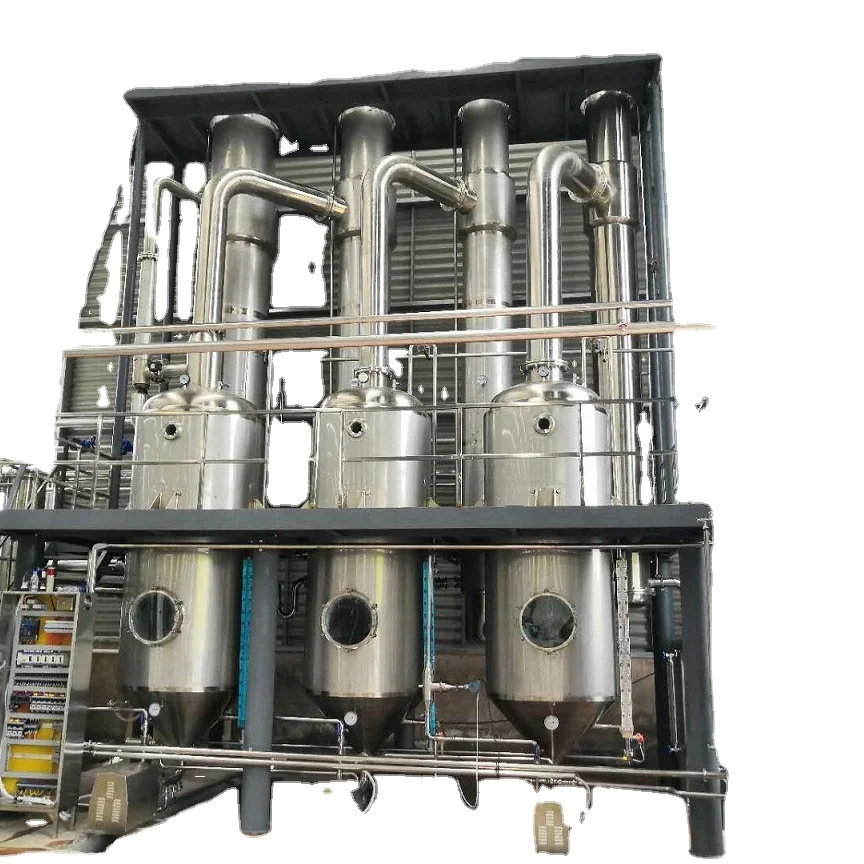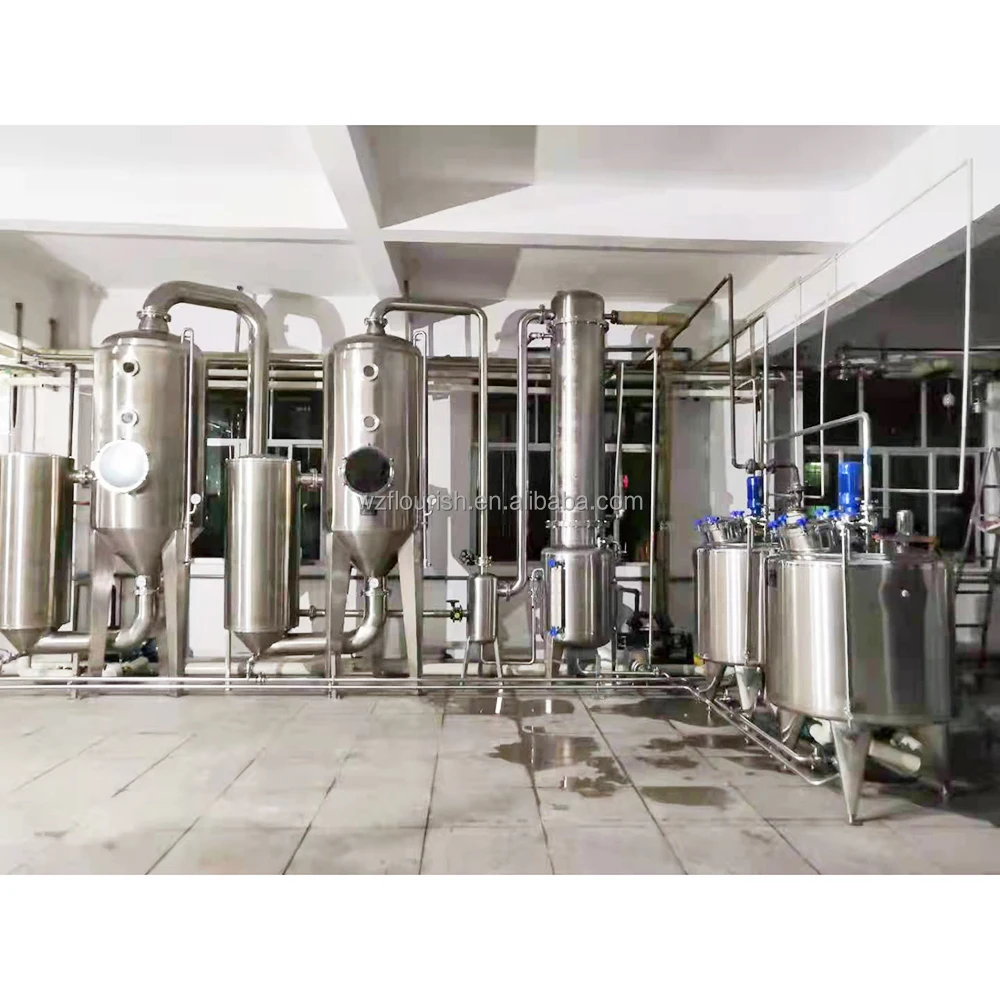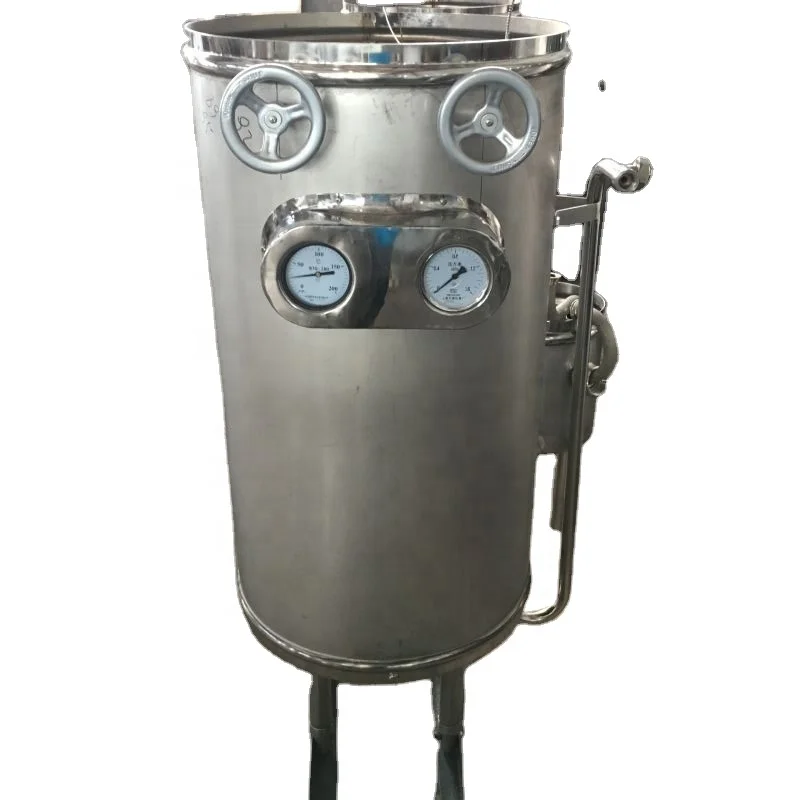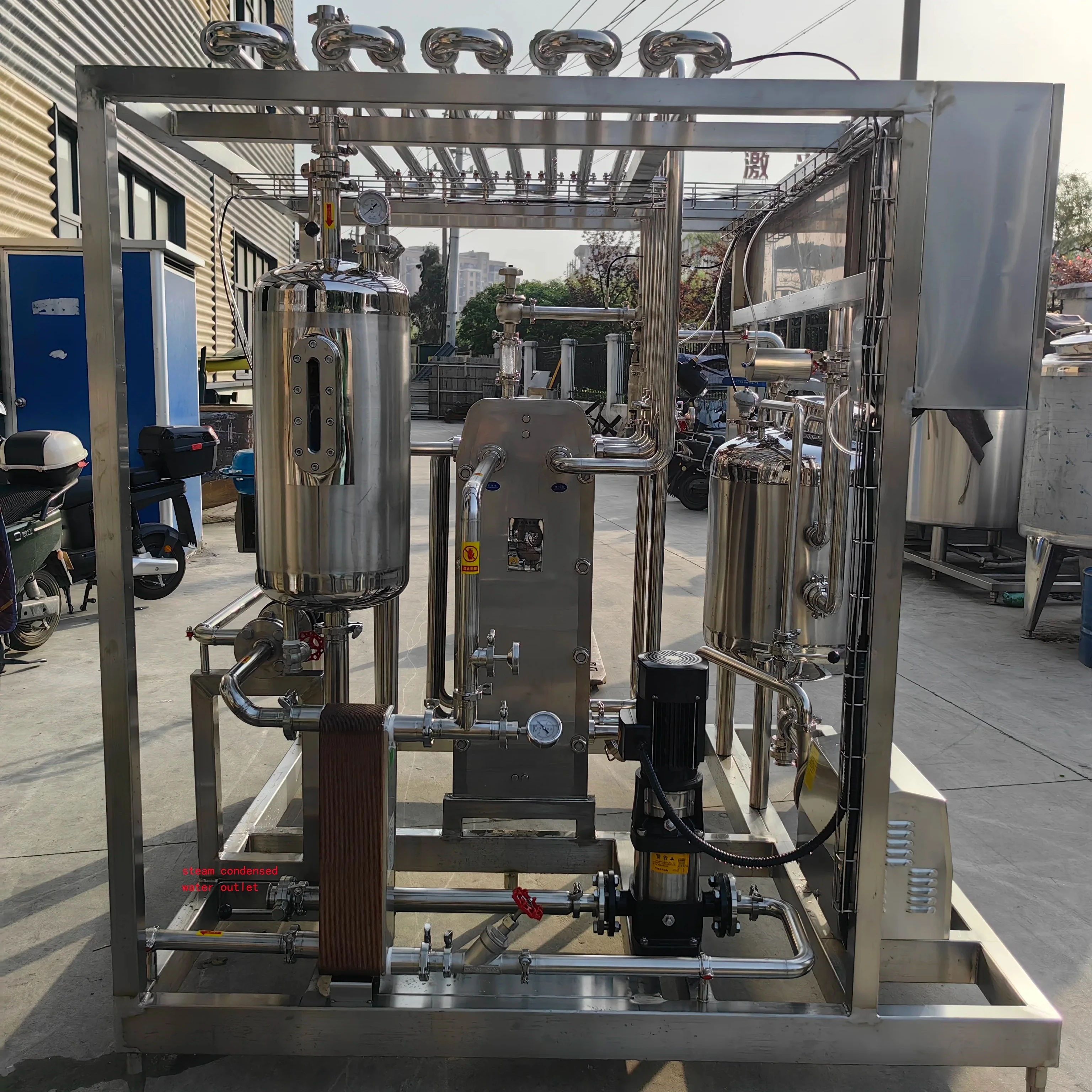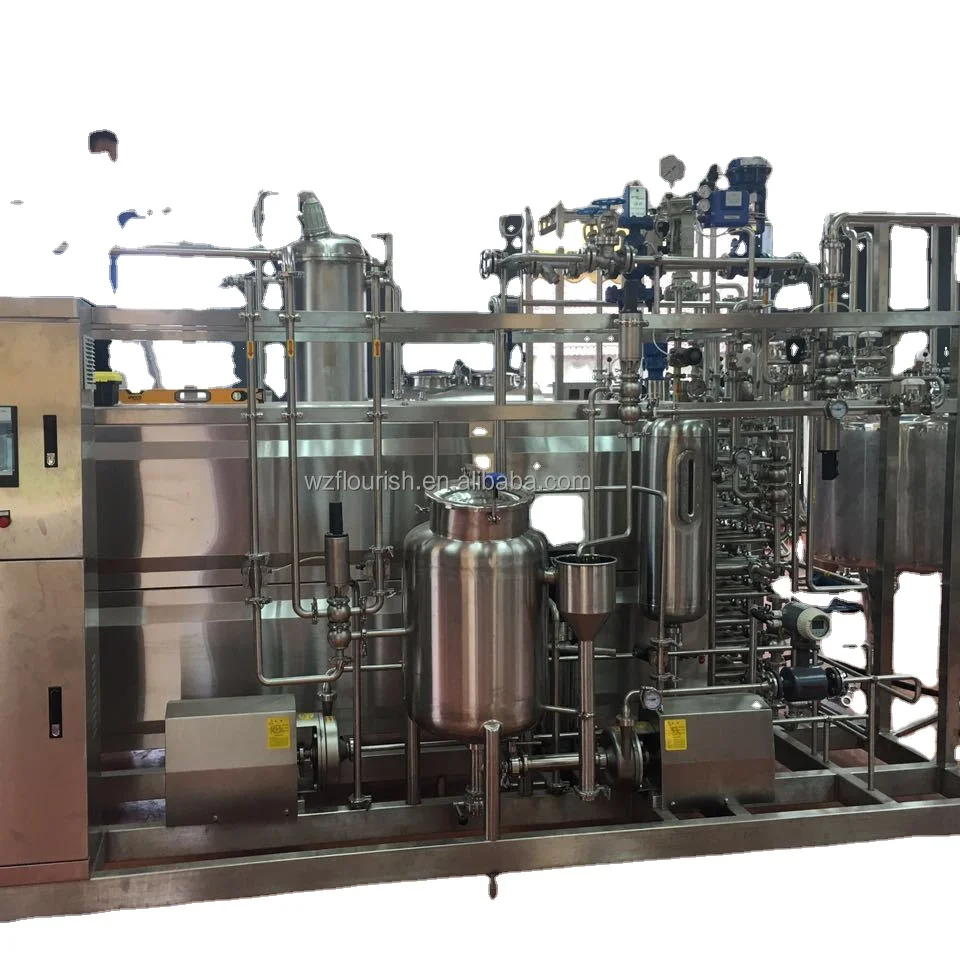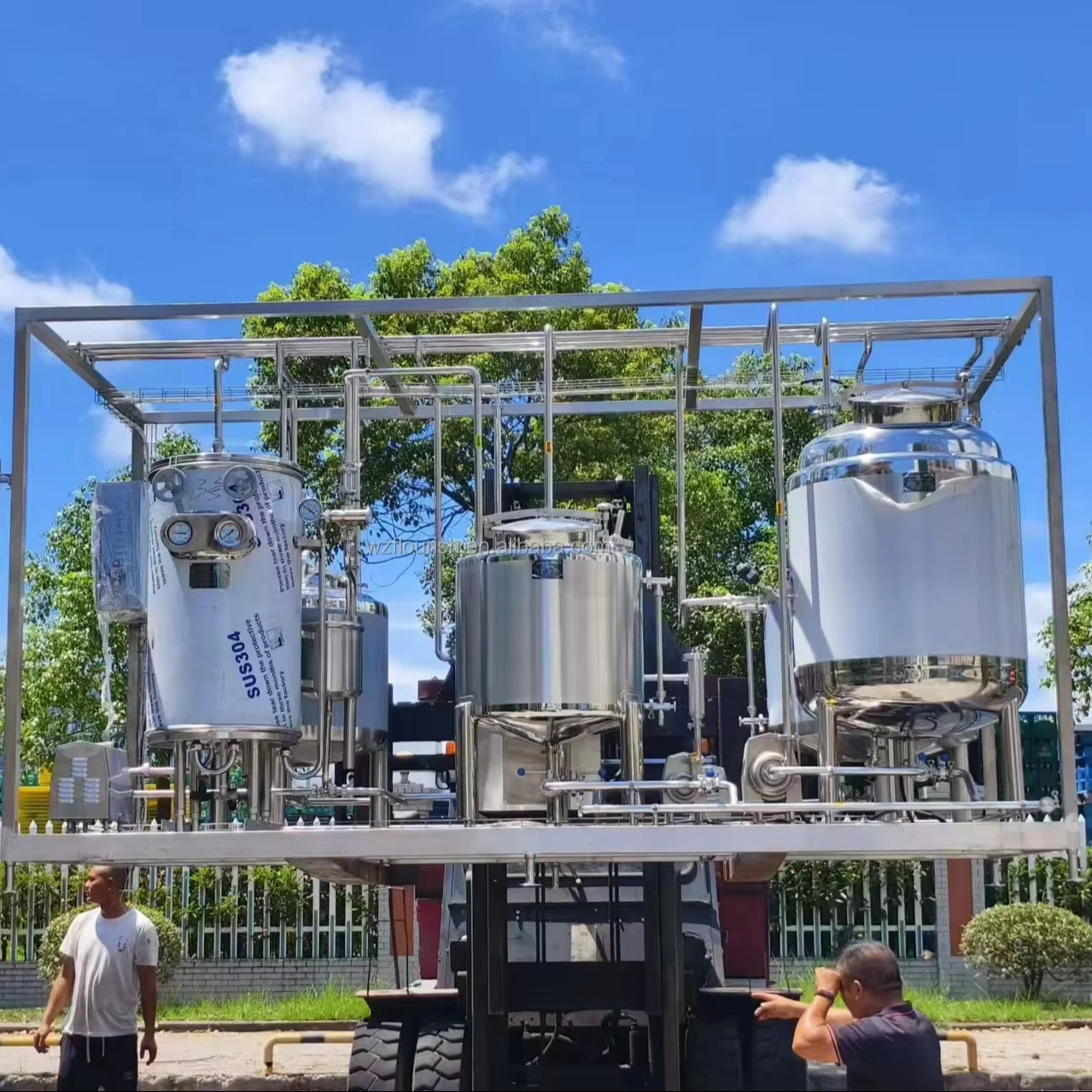ABOUT
Wenzhou Vince Machinery Science Co., Ltd. was established in early 1980s. Our company covers an area of 6500 square meters and is an independent legal representative firm, possessing rich economic technology strength. Our company is a high tech enterprise and plays an important role in national dairy, foodstuff, pharmacy and machinery industries. We are a beverage machinery supplier.
Since the establishment, our company has mainly engaged in dairy products, foodstuff, beverage machinery, bean products, yellow wine, medicines and fermentation projects. What's more, our company supplies a complete sequence services in manufacturing, installation, test and personnel train, as well as the whole direction service design and consulting service on product project construction or enlargement artistic distribution engineering sets budget.
PRODUCTS
Fermentation Tanks: A Journey of Transformation
The Evolution of Design and Materials
The history of fermentation tanks mirrors the progress of human ingenuity. Early civilizations relied on rudimentary clay pots and wooden vessels, their porous nature contributing to the unique character of fermented beverages. These early tanks were often susceptible to contamination and limited in their capacity. The development of glass and later, stainless steel, revolutionized the industry. Stainless steel, with its non-reactive surface and ease of cleaning, became the material of choice, minimizing the risk of contamination and enabling precise control over the fermentation process. Today, we see a variety of designs, including jacketed tanks for temperature control, conical fermenters for efficient yeast harvesting, and even specialized tanks tailored to specific fermentation processes. The evolution of materials and design reflects a constant pursuit of efficiency, hygiene, and consistent product quality.
Further innovations include the integration of sensors and automated control systems within the tanks themselves. This allows for real-time monitoring of temperature, pressure, and other crucial parameters, ensuring optimal conditions throughout the fermentation process and minimizing the risk of spoilage. This precise control yields greater consistency in the final product and allows for experimentation with different fermentation profiles.
The Science of Fermentation within the Tank
The environment within a fermentation tank is meticulously controlled to foster the growth of specific microorganisms – yeasts, bacteria, or fungi – responsible for the desired fermentation process. Temperature plays a crucial role, with variations influencing the metabolic activity of microorganisms and the resulting flavor profiles. Oxygen levels are also carefully managed; some fermentations require an aerobic environment, while others are strictly anaerobic. The pH of the medium is another critical factor influencing microbial growth and the formation of various byproducts.
Beyond temperature and oxygen, the physical characteristics of the tank itself impact the fermentation process. The shape and size of the tank, along with the presence of baffles or agitators, influence the mixing and aeration within the vessel. These design elements are critical for ensuring even fermentation and preventing the formation of undesirable compounds. The overall design reflects a deep understanding of microbiology and chemical engineering, optimizing the conditions for efficient and controlled fermentation.
The Diverse Applications of Fermentation Tanks
Fermentation tanks are not confined to the production of alcoholic beverages. Their applications span a wide spectrum of industries, showcasing the versatility of this age-old process. In the food industry, these tanks are used for the production of yogurt, cheese, sauerkraut, kimchi, and a myriad of other fermented foods. The pharmaceutical industry leverages fermentation for the production of antibiotics, vaccines, and other biopharmaceuticals. Even in the biofuel industry, fermentation plays a significant role in the production of bioethanol.
The specific requirements of each application dictate the design and operation of the fermentation tank. While a wine fermenter might prioritize gentle agitation and temperature control, a bioreactor for pharmaceutical production may require more sophisticated control systems and sterile conditions. The adaptability of fermentation tank technology is a testament to its enduring importance across diverse industries.
The Future of Fermentation Tanks
The future of fermentation tanks promises further integration of automation, advanced sensors, and artificial intelligence. This will lead to even greater precision in controlling fermentation parameters, resulting in higher quality products and more efficient production processes. Furthermore, research into novel fermentation technologies, such as continuous fermentation and the utilization of alternative microorganisms, is pushing the boundaries of what's possible. These advancements will not only improve existing products but also unlock the potential for entirely new applications of fermentation.
The journey of transformation continues, with fermentation tanks at the forefront of innovation. As technology advances and our understanding of microbiology deepens, these unassuming vessels will continue to play a vital role in shaping our world, providing us with a wide array of food, beverages, and essential products for years to come.
SUBSCRIBE
INQUIRY

